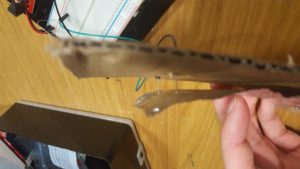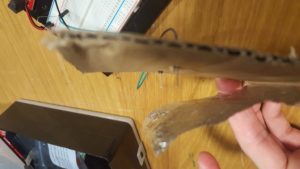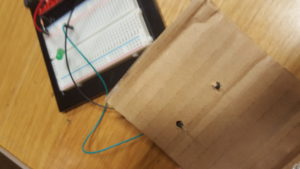Not much of the information in this reading was new to me, but the analysis of it certainly was. The initial analysis of the development of written language makes a lot of sense to me, though I think he glossed over a more fundamental point, the universality of spoken language. Also, while any alphabet is universal in theory, no language currently used is completely described by its rules and alphabet in any concise way. This is actually an instance of a common theme throughout the reading, where the mechanisms to achieve universality are in place but unused.
I also find it odd that when describing a number of early steps on the way to universality, in each of the categories of numbers, computers, and life-replicators, he seems disappointed that the rest of the jump to universality was not made, even saying that Babbage “should” have made the jump. While I entirely see the point that he “could” have, there seem to be strong implications of a necessity of universality being developed as soon as possible that is never quite justified. There is certainly an advantage to making the jump, but I was never convinced that it is a necessity.




